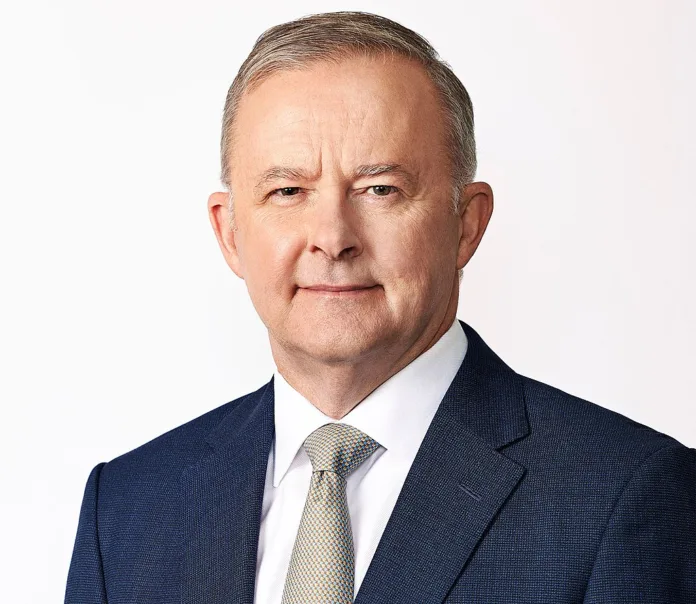Former Indigenous affairs minister insists Prime Minister Albanese acted on Indigenous leaders’ wishes, dismissing calls for a delay as politically motivated revisionism
On the first anniversary of the failed referendum on an Indigenous Voice to Parliament, Linda Burney, the former Minister for Indigenous Australians, has firmly defended the decision to proceed with the vote without delay. Speaking from Washington, Burney addressed the ongoing debate surrounding the referendum and rejected the notion that a postponement was ever a viable option.
Burney’s comments come in response to recent statements by Megan Davis, a prominent architect of the Uluru Statement from the Heart, who suggested that had there been clearer indications of likely defeat, a reconsideration of the referendum’s timing might have been warranted. Davis expressed concerns that the government proceeded without sufficient public support and questioned the decision-making process that led to the vote’s timing.
Reflecting on the past year, Davis noted the profound impact of the No result on Indigenous Australians, describing it as a devastating outcome. “If the Prime Minister and others had really definitive information that it was going to lose, we were concerned with why that would proceed,” Davis stated, emphasising the need for thorough consideration and adequate time to build public support.
Embed from Getty ImagesIn her rebuttal, Burney insisted that she was involved in every discussion regarding the Voice referendum and that there was never a consensus among Indigenous leaders or the referendum working group for a delay. “The notion of waiting was not part of the agenda,” Burney declared, highlighting that key figures like Peter Dutton and David Littleproud had disengaged from discussions about the Voice, which further underscored the urgency of moving forward.
Burney explained that Prime Minister Anthony Albanese made a conscious decision to prioritise the voices of Indigenous leaders, acting on their requests rather than succumbing to political pressures. “He did what the Aboriginal leadership asked. It’s exactly what happened, and you can’t rewrite history,” she asserted.
When pressed about whether it was a miscalculation for Albanese to proceed with the referendum despite the apparent lack of support, Burney defended his stance. She argued that by choosing to elevate the voices of First Nations leaders over political expediency, the Prime Minister demonstrated a commitment to genuine representation and consultation. “We know that without bipartisanship, we can’t advance these things,” she remarked, reiterating that Indigenous leaders would not have accepted a delay.
The referendum on the Indigenous Voice to Parliament marked a significant moment in Australian politics, and its failure has raised questions about the future of Indigenous policy in the country. As the anniversary of the vote approaches, discussions around the implications of the No result continue to resonate within political and Indigenous communities alike.
Burney’s staunch defence of the decision to proceed with the referendum highlights the complex interplay of political leadership, Indigenous advocacy, and public sentiment. As the debate unfolds, it underscores the need for ongoing dialogue and collaboration to ensure that the voices of Indigenous Australians remain at the forefront of policy discussions
